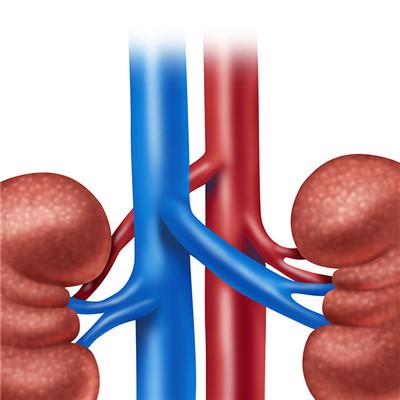Symptoms of major syndrome?
summary
Major syndrome is a group of extrapyramidal diseases first described by French neurologist Henry Meige. The main manifestations were blepharospasm, oromandibular dystonia and facial dystonia. Henry Meige first reported major's syndrome in 1910. Since then, it has been called Brueghel syndrome, blepharospasm, oromandibular dystonia and so on. Symptoms of major syndrome? Let's talk about it
Symptoms of major syndrome?
Major's syndrome usually starts in old age, mostly in 40-70 years old, mostly in women, male: female ratio is 1:2-3. It usually starts slowly. Before the onset of the disease, there is a sense of irritation or discomfort in one or both eyes, shyness, increased frequency of blinking, dry eyes, and then blepharospasm. Symptoms in fatigue, sunlight stimulation, fixation, tension aggravation, focus on other things of non blepharospasm to reduce, disappear during sleep.
Most patients with paroxysmal blepharospasm as the first symptom, blepharospasm mainly to orbicularis oculi muscle contraction, to the brow as the center of the forehead, nose muscle contraction, performance for blinking times increased, tears, a few after 1-2 years of functional blindness, eventually developed into serious blepharospasm, difficulty in opening eyes, and even loss of self-care ability. Some patients develop from blepharospasm to the lower part gradually, showing symmetrical and irregular hyperkinetic contraction of the oral and mandibular muscles. The tension of the mandibular muscles can hinder chewing, swallowing and speaking. When the laryngeal and respiratory muscles are invaded, there may be spastic dysphonia and dyspnea.
Eyelid involvement: mild cases can be manifested as eye discomfort, dry eyes, photophobia, blinking increase, some were misdiagnosed as "conjunctivitis"; In severe cases, the eyelids should be lifted with fingers because of paroxysmal eye closure and difficulty in opening eyes; In severe cases, it can cause functional blindness. Mouth jaw involvement: involuntary mouth opening, mouth closing, mouth pouting, lip retraction, cheek biting, tongue biting and tooth setback.
matters needing attention
A large number of literatures reported that botulinum toxin (BTX) is effective for this disease, but it is expensive and has side effects, so its use is limited. Symptomatic xerophthalmia is the most common, as well as dysphagia, ptosis, dyspnea, photophobia, diplopia and so on.











